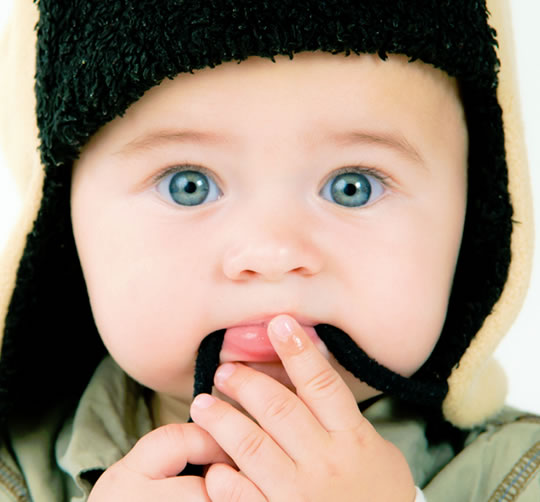Youngest children appear three inches smaller to their mothers than they really are.
A new study published in Current Biology finds that mothers underestimate the height of their youngest child; no matter how many children they have (Kaufman et al., 2013).
The study found that mothers underestimated their youngest child’s height by an average of 3 inches (7.5cm). This finding held even for only children.
This is set against the fact that mothers were pretty accurate when asked to indicate the height of their other children, and of everyday objects.
The lead author Jordy Kaufman, explained:
“Contrary to what many may think, this isn’t happening just because the older child just looks so big compared to a baby. It actually happens because all along the parents were under an illusion that their first child was smaller than he or she really was. When the new baby is born, the spell is broken and parents now see their older child as he or she really is.”
To reach this conclusion, 70 mothers were asked to place a mark on the wall estimating the height of each child. Across the mothers, the youngest child’s height was consistently underestimated.
The authors argue that this is an evolutionary adaptive mechanism that encourages mothers to nurture the youngest child.
Growth spurt
The researcher’s interest was piqued when they surveyed 747 mothers, asking if they had noticed a spurt in the height of their ‘erstwhile-youngest’ child, when their next was born.
More than 70% of mothers said they had noticed this growth spurt and many agreed that it seemed to happen overnight.
Whether or not an evolutionary explanation is valid, this study certainly shows the effect of our knowledge and feelings on our perceptions. Kaufman continued:
[Note: children whose height was estimated were between 2 and 6 years of age–the findings may not hold for older age-groups.]“The key implication is that we may treat our youngest children as if they are actually younger than they really are. In other words, our research potentially explains why the ‘baby of the family’ never outgrows that label. To the parents, the baby of the family may always be ‘the baby.'”
Image credit: Sergiu Bacioiu

